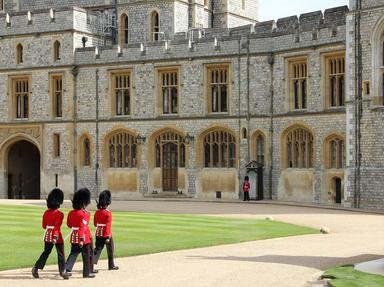Quiz Answer Key and Fun Facts
1. How old was Anne she came to the throne?
2. In her first speech to parliament, Anne said 'I know my heart to be entirely . . .' what?
3. On 4 May 1702, Britain entered which European war?
4. The Duke of Marlborough (Sarah Churchill's husband) won the first major English victory of the war at the Battle of ______ in 1704.
5. Which member of Anne's family died in 1705?
6. In 1704, the Scottish parliament passed which important act?
7. Which government minister threatened to resign unless Charles Spencer, Earl of Sunderland, was allowed join the government?
8. In what year did Queen Anne's husband, Prince George, Duke of Cumberland, die?
9. With their friendship in ruins, what did the Duchess of Marlborough accuse Queen Anne of?
10. On what date did Queen Anne die?
Source: Author
LiamR
This quiz was reviewed by FunTrivia editor
gtho4 before going online.
Any errors found in FunTrivia content are routinely corrected through our feedback system.

